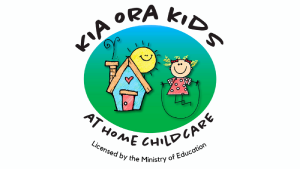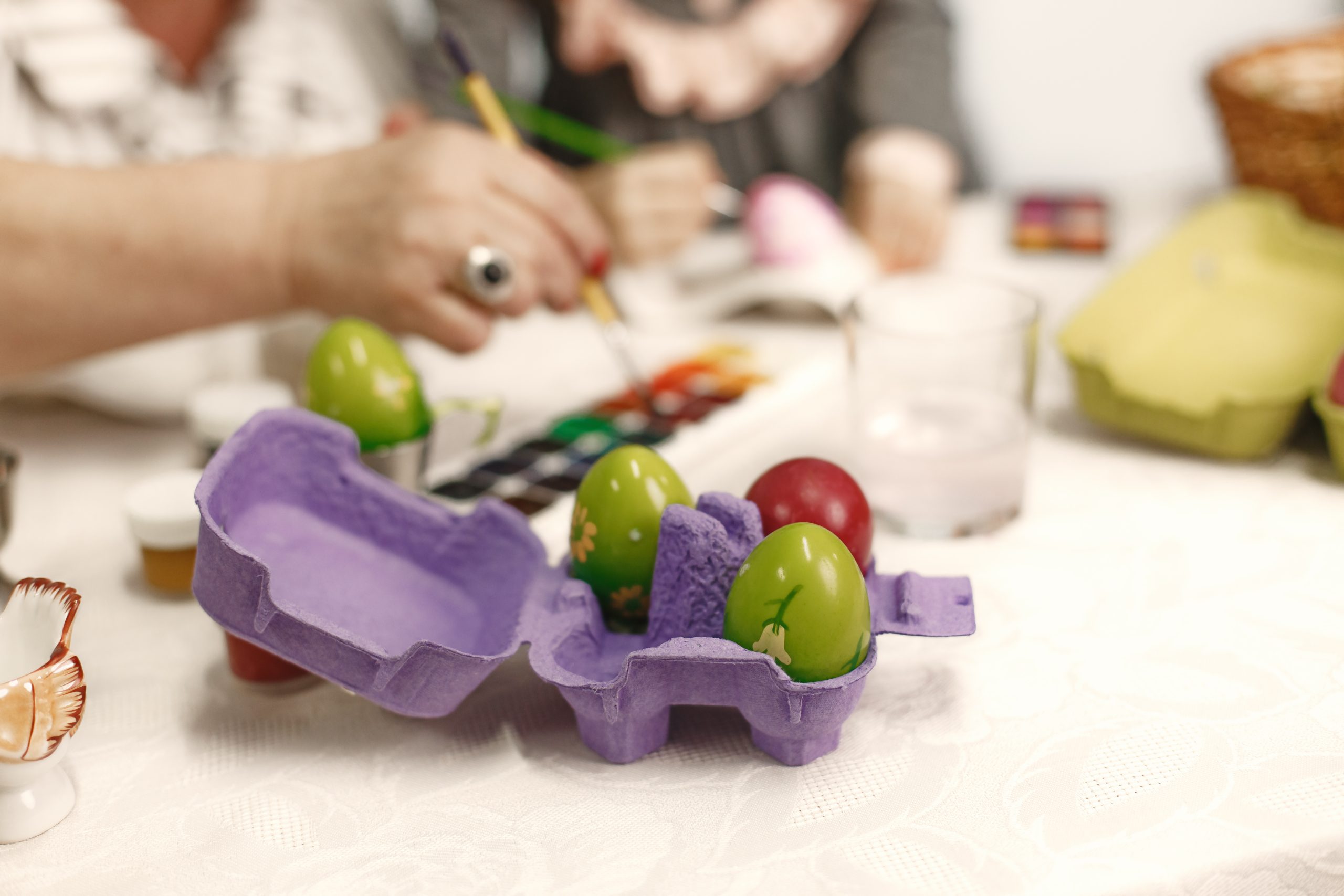Home-based childcare offers children a warm, familiar, and flexible environment where they can learn and grow at their own pace. In these nurturing settings, often run by experienced early-years professionals, children benefit from smaller group sizes, close relationships, and learning that feels natural and personal.
This type of care is especially effective in supporting the three prime areas of the Early Years Foundation Stage:
- Communication and Language
- Physical Development
- Personal, Social and Emotional Development
These areas lay the foundations for every other aspect of learning. When children are supported in communicating clearly, moving confidently, and managing their emotions, they are ready to explore, discover, and succeed.
Let’s explore how home-based childcare nurtures each of these areas in a child’s early learning journey.
Communication and Language
Language development begins through interaction — talking, listening, and sharing everyday moments. In a home-based childcare environment, smaller groups allow for more one-to-one conversations where children are heard, responded to, and encouraged to express themselves.
Everyday routines become powerful opportunities for communication. While preparing snacks, tidying toys, or exploring outdoors, educators can describe what’s happening, ask questions, and introduce new vocabulary in meaningful contexts. Conversations flow naturally, giving children the time and space to process information and respond.
How home-based educators support language growth:
- Modelling clear, expressive speech so children can hear and copy new sounds and sentence structures.
- Introducing new words during play, reading, and storytelling to extend children’s vocabulary.
- Encouraging descriptive language by asking children about textures, colours, shapes, and emotions.
- Giving children thinking time so they can process language and build confidence in responding.
Because home-based environments often reflect a child’s own home life, children feel safe and relaxed. This comfort helps them open up, experiment with words, and communicate their needs more freely. Over time, they develop strong foundations for reading, writing, and future learning.
Physical Development
Physical development is about more than movement — it’s about building coordination, control, and confidence. Home-based childcare provides an ideal setting for children to develop both gross motor skills (such as running, jumping, and climbing) and fine motor skills (like grasping, drawing, or threading).
In these environments, children are encouraged to explore both indoors and outdoors. Playtime may include balancing along garden edges, dancing to music, building with blocks, or painting on vertical surfaces — all of which strengthen muscles and coordination. Even everyday routines, like helping to pour milk or hang up a coat, support fine motor control and independence.
The flexible nature of home-based childcare allows educators to tailor physical activities to each child’s developmental stage. If a child is learning to balance, the educator can provide simple challenges like stepping stones or soft climbing frames. As confidence grows, new opportunities are introduced to encourage further progress.
This personalized approach helps children master new movements at their own pace. It also teaches them about safe risk-taking — climbing, jumping, or trying new physical challenges — all essential for building resilience, problem-solving skills, and self-belief.
Personal, Social and Emotional Development
A child’s sense of security and belonging is the foundation for lifelong wellbeing. Home-based childcare settings naturally promote this through consistent, nurturing relationships.
Children are usually cared for by one main adult who gets to know them intimately — understanding their routines, preferences, and emotional triggers. This strong attachment gives children the confidence to explore the world, make friends, and manage new experiences.
Home-based educators foster emotional growth by:
- Helping children identify and name their feelings, which builds self-awareness.
- Modelling empathy and patience so children learn how to respond kindly to others.
- Encouraging sharing, cooperation, and turn-taking through small-group play.
- Supporting independence by giving children responsibilities and choices that build confidence.
Because home-based educators often form close relationships with families, they can provide consistency between home and care. They celebrate each child’s culture, background, and achievements, helping every child develop a strong sense of identity and belonging.
When children feel secure and valued, they learn to regulate emotions, manage challenges calmly, and develop compassion — essential life skills that shape happy, confident learners.
Why Home-Based Childcare Works
Home-based childcare offers unique advantages for early learning and development.
At Kia Ora Kids, these benefits come to life every day as educators create warm, family-style environments where each child is valued, understood, and supported to reach their potential.
- Small groups mean every child receives personal attention and tailored learning experiences.
- A homely, welcoming setting helps children feel secure, comfortable, and ready to explore.
- Strong, trusting relationships between children and Kia Ora Kids educators build emotional wellbeing and confidence.
- Everyday experiences — from mealtime conversations to outdoor adventures — become meaningful opportunities for communication, curiosity, and discovery.
- Flexible routines allow educators to follow each child’s interests, strengths, and natural rhythm.
At Kia Ora Kids, this approach nurtures the whole child — helping tamariki grow in confidence, independence, and curiosity while developing the essential skills they need for lifelong learning and success.
Through play, exploration, and caring relationships, Kia Ora Kids home-based childcare gives children the very best start. In safe, loving, and engaging environments, educators support communication, physical development, and emotional wellbeing — building the foundations for happy, capable, and confident learners who love discovering the world around them.

